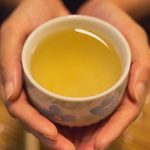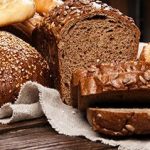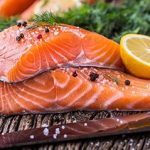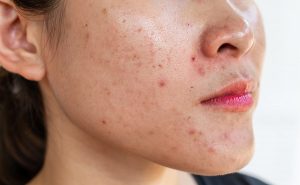
If you have had a heart attack and a stroke, you might want to stock up on green tea. New research from Japan finds survivors who drink plenty of green tea may live longer lives. Stroke survivors who drank at least seven cups per day were 62% less likely to die during the study period, versus non-drinkers. Similarly, the risk was cut by 53% among heart attack survivors who downed that much tea. Green tea was not the only beverage tied to longer life. For heart attack survivors — as well as people with no cardiovascular problems — moderate coffee intake was also linked to better survival. The coffee benefit did not extend, however, to stroke survivors. What does it all mean? The findings do not prove that either beverage is a life-prolonging elixir. But they do add to evidence that plant compounds called flavonoids are good for cardiovascular health, according to Dr. Andrew Freeman. Freeman, who was not involved in the study, is director of cardiovascular prevention and wellness at National Jewish Health in Denver. There are no magic bullet foods, and a few cups of green tea won’t “cancel out the effects of a bacon cheeseburger,” Freeman said. He stressed the importance of an overall diet low in processed foods and rich in plant-based ones — including fruits, vegetables, beans, whole grains and… read on > read on >





























-300x200.jpg)



